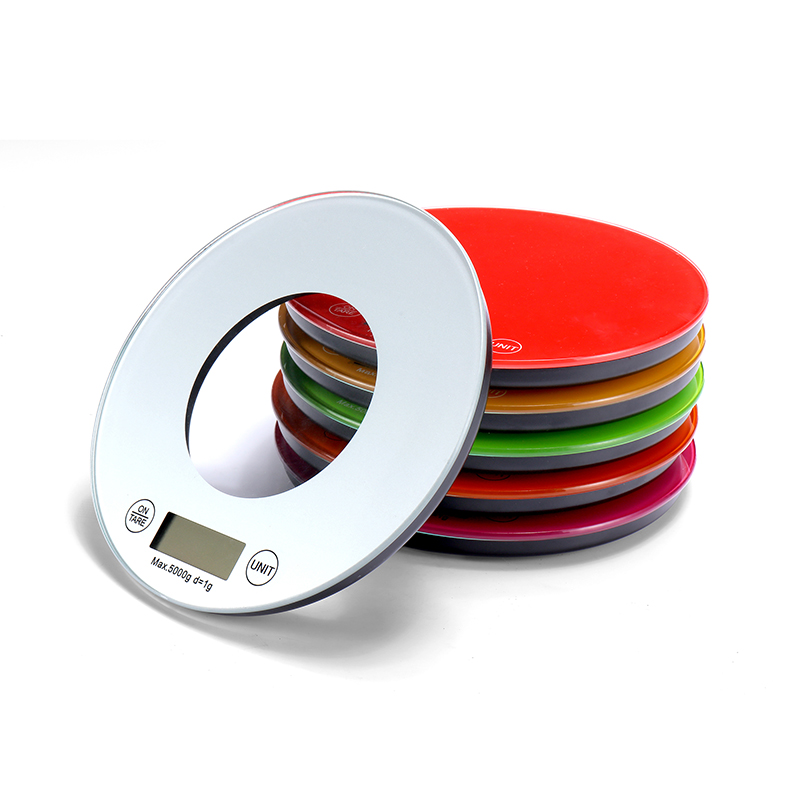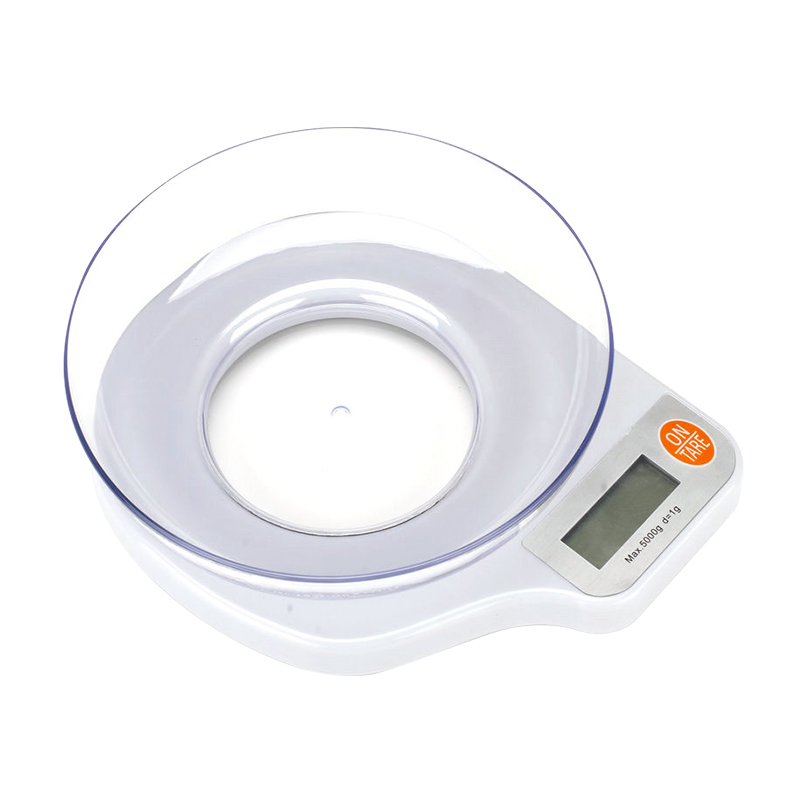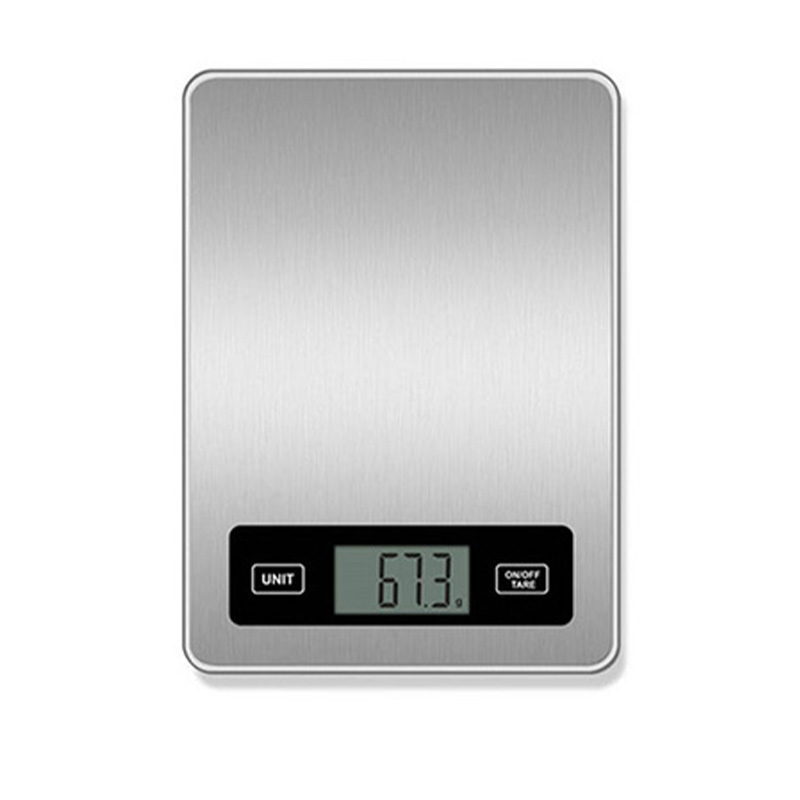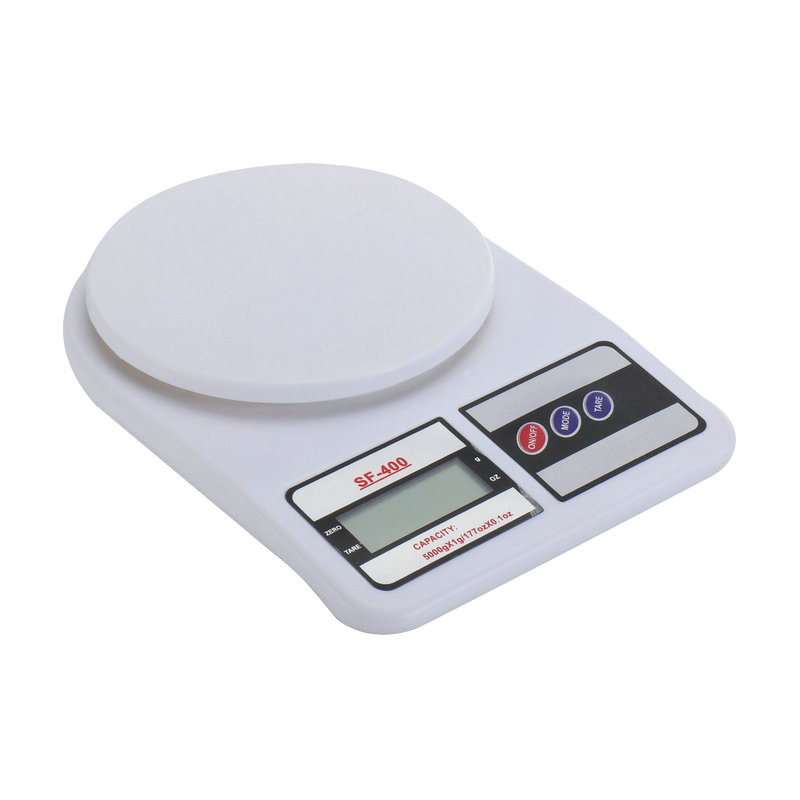ODM Custom Body Home Body Fat Scanner Scale Manufacturers
In the realm of fitness and wellness, body fat scales have become indispensable tools for individuals striving to monitor and manage their health. These devices provide valuable insights into body composition, offering data on metrics such as body fat percentage, muscle mass, bone density, and more. Behind the sleek exteriors and digital displays of these scales lie intricate designs and technologies engineered by body fat scale manufacturers. Understanding these designs is essential for consumers seeking reliable and accurate data to guide their fitness journey.
Body fat scale manufacturers employ a variety of methodologies and technologies to ensure the accuracy and reliability of their products. From bioelectrical impedance analysis (BIA) to dual-frequency technology, each manufacturer employs its unique approach to measuring body composition. The intricate algorithms embedded within these scales analyze the electrical impedance of body tissues, providing estimates of fat mass, lean mass, and hydration levels.
One of the key considerations in decoding body fat scale designs is the quality of the sensors utilized. These sensors play a crucial role in accurately measuring electrical impedance and translating it into meaningful data. High-quality sensors ensure consistency and reliability in measurements, fewer fluctuations, and errors that may arise from environmental factors or user variables.
Moreover, the design of the scale itself influences its functionality and usability. Manufacturers carefully consider factors such as platform size, weight capacity, and user interface to enhance the overall user experience. Sleek, modern designs appeal to consumers, but durability and practicality are equally important considerations for long-term usage.
Behind every body fat scale lies a team of engineers, researchers, and designers dedicated to refining and improving their products. Continuous innovation drives advancements in technology, allowing body fat scale manufacturers to push the boundaries of what is possible in body composition analysis. Whether through integration with smartphone apps or cloud-based data storage, body fat scale manufacturers are constantly seeking ways to enhance the functionality and connectivity of their products.
In addition to technological advancements, body fat scale manufacturers also prioritize user education and support. Clear instructions, tutorials, and customer service channels ensure that users can maximize the benefits of their body fat scales. Manufacturers understand that informed consumers are empowered consumers, capable of making meaningful changes to their health and fitness routines.
As consumers navigate the crowded market of body fat scales, understanding the nuances of design and technology is essential for making informed purchasing decisions. While flashy advertisements and celebrity endorsements may capture attention, it is the underlying design and functionality that truly determine the reliability and accuracy of a body fat scale. By decoding the intricacies of these designs from manufacturers, consumers can confidently select a scale that aligns with their needs and goals.
In conclusion, body fat scale manufacturers play a pivotal role in shaping the landscape of health and fitness technology. Behind the numbers displayed on these devices lies a wealth of engineering expertise and innovation aimed at providing users with accurate and actionable data. By delving into the intricacies of design and technology, consumers can unlock the full potential of their body fat scales and embark on a journey towards improved health and well-being.
As consumers continue to demand greater accuracy and functionality from body fat scales, manufacturers are rising to the challenge. Research and development efforts are focused on refining existing technologies and exploring new avenues for improvement. For example, emerging trends such as artificial intelligence and machine learning hold promise for enhancing the precision of body composition analysis.
Furthermore, manufacturers are increasingly mindful of the diverse needs of their user base. Tailored solutions, such as scales designed specifically for athletes or individuals with unique health considerations, are becoming more prevalent in the market. Customizable settings and personalized feedback empower users to track their progress effectively and adapt their fitness strategies accordingly.
Collaborations between manufacturers and health professionals are also driving innovation in the field of body fat scales. By leveraging insights from medical experts and nutritionists, manufacturers can develop products that align with evidence-based practices and support holistic approaches to health management.

 0
0
 EN
EN  English
English 中文简体
中文简体 Português
Português









